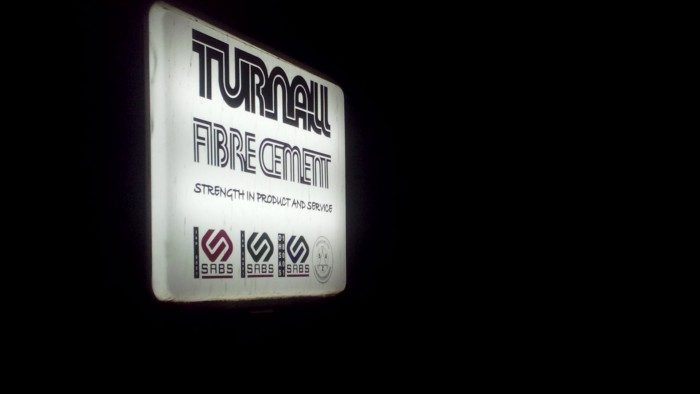


THE debt situation among top listed firms worsened during the first half of this year, as the working capital strain shaking industry and commerce deteriorated, raising fears of a sharp economic contraction. It may be the sharpest contraction since a devastating liquidity crisis hit firms in late 2011, with a telling diminution of shareholder value reported by mining giant, RioZim, during the half-year to June 2014 and starafricacorporation during the full-year to March 2014.
Finance Minister Patrick Chinamasa has already indicated that he would review the national budget today, with analysts indicating the effects of a declining corporate sector were inevitably hitting Treasury. starafrica and RioZim are some of the country’s biggest firms. RioZim recently said it had extended pre-tax losses to US$8,1 million during the review period, from US$2,8 million last year, after sinking deeper into debt. Interest bearing loans and borrowings climbed to US$38 million in the first half of 2014, from US$30,8 million during the six months to December 2013.
The gold miner, whose interest extends into nickel processing, fell to a US$4,6 million operating loss from US$2,2 million last year.
Revenues retreated by 31 percent. The debt-laden mining giant closed the period with a US$31,2 million working capital deficit, close to double its position during the full-year to December 2013. Recent financial results exposed how the mining giant ran out of cash for day to day operations, which stifled growth as seen through the pretax losses, which declined four fold.
Plumbing materials producer, Turnall Holdings, reported a US$3,5 million loss before tax during the review period, after scrapping to a marginal profit last year. The firm’s majority shareholder, FBC Holdings, has announced it would dispose of its stake in the troubled firm, while agricultural implements suppliers, Zimplow, also suffered losses. The group reported a US$1,7 million loss during the review period.
starafrica, which reported a US$12,2 million loss for the year to March 31, 2014, has also been confronted by cashflow problems that have forced its board and management to redefine the business. The bloodbath at starafrica, which had reported a US$16,4 million loss last year, put under the spotlight the choice for conglomerates as business models in Zimbabwe, where TN Holdings Limited has crumbled, while former Zimbabwe Stock Exchange blue chip, TA Holdings, has recently been finding it tough to spring out of the red line.
A US$35 million working capital black hole has cracked through the starafrica balance sheet, after current liabilities remained high during the review period, as current assets crashed. The deficit stood at US$30,6 million during the prior comparative period in 2013. starafrica had a combined US$35,4 million in current and non current loans and borrowings during the period. Current liabilities, the short-term dues that starafrica owed to stakeholders, stood at US$36,5 million during the full-year to March 31, 2014, with current assets closing at US$1,5 million, which translated into a negative US$35 million working capital.
Total liabilities exceeded assets by a massive US$23,2 million during the period, placing its going concern status into question, and its ability to ride over deadly headwinds triggered by a contracting economy into doubt. The financial results means the group whose interests span from logistics, sugar refinery, chemicals, food processing and properties, also lacked funding to lubricate its day to day functions as executive management and directors have failed to stem the haemorrhage.
This crisis has been reported in a number of firms that have collapsed, or those that are tottering on the brink off collapse. Across all sectors of the country’s economy, the trading environment has deteriorated, with nearly all companies struggling to stay afloat due to depressed demand and the inability by cash-strapped customers to pay for goods and services on time. There has been a sharp drop in economic activity as highlighted by retreating consumer spending.
Deflationary pressures have continued to affect consumer spending power, while long term funding has been difficult to access. “It is a gloomy outlook for consumer businesses,” said economist, Takunda Mugaga, head of research at Econometer Global Capital. “It is a cycle of depression, appetite for investment into Zimbabwe is very low…we don’t expect long-term funding in the next 18 months.”
starafrica has been battered by losses in the past five years. “The board of director also resolved to dispose of the retail and packaging business units which are not core to the operations of the group. With the exception of Bluestar Logistics, these business units were disposed of in the current year…management could not find a buyer for Bluestar Logistics and the 33 percent shareholding in Tongaat Hulett Botswana,” said chairman, Joel Mutizwa.
newsdesk@fingaz.co.zw